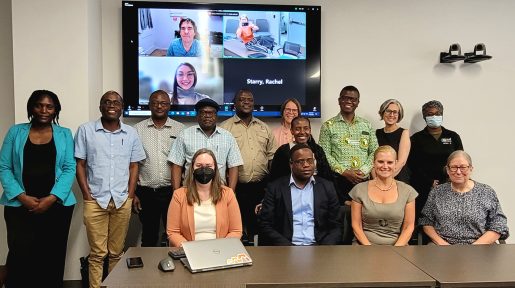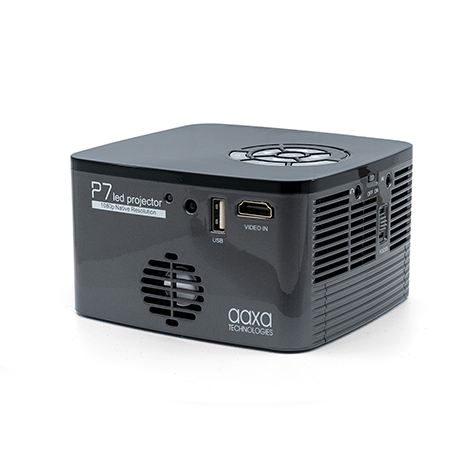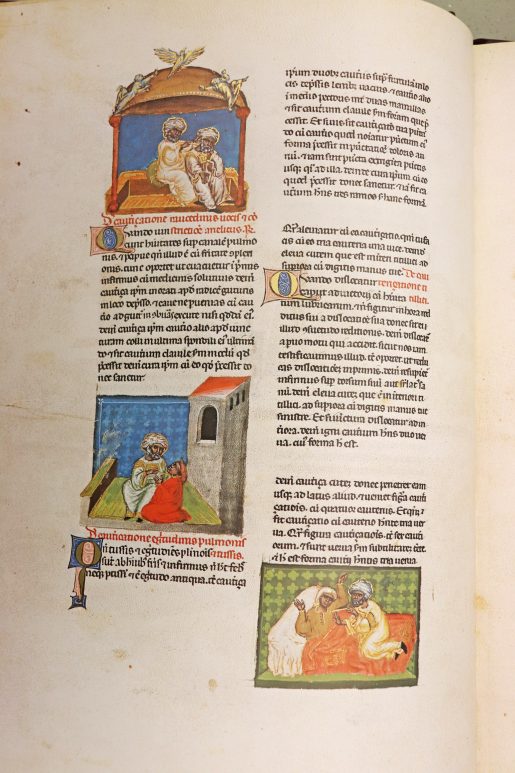
Surgery was generally something to be feared in Renaissance Europe. Without anesthesia, antiseptics, or antibiotics, it was dangerous, painful, and often deadly. Yet surgeons were also among the most populous and valued medical practitioners at the time, and they took their jobs seriously. On November 11, the C.F. Reynolds Medical History Society lecture, titled “The Skillful Surgeon: Expertise, Authority, and Surgical Illustrations in Late Renaissance Europe,” will examine surgeons’ efforts to highlight their skill and competency, focusing on illustrated writings by surgeons who conducted elective surgeries: couching for cataracts, removing bladder stones by lithotomy, and operating on inguinal hernias. In the German-speaking regions of the 16th and 17th centuries, several specialist surgeons compiled ornately illustrated documentation of their expertise. In a bid to raise the status of specialists, historian Alisha Rankin argues, these upwardly-mobile surgeons used both text and images to celebrate their significant skill and portray these elective surgical operations as reliable and routine. Continue reading


 HSLS now has two AAXA P7 Mini LED Projectors available for borrowing. Though the P7 mini projector fits in the palm of your hand and weighs just 1.48 pounds, it remains powerful, projecting images at 1080p and up to 120 inches in screen size. These mini projectors can be taken anywhere on campus and are a great option if you’re presenting in a non-traditional space, such as a showcase/presentation hall or a meeting room without display technology.
HSLS now has two AAXA P7 Mini LED Projectors available for borrowing. Though the P7 mini projector fits in the palm of your hand and weighs just 1.48 pounds, it remains powerful, projecting images at 1080p and up to 120 inches in screen size. These mini projectors can be taken anywhere on campus and are a great option if you’re presenting in a non-traditional space, such as a showcase/presentation hall or a meeting room without display technology. 